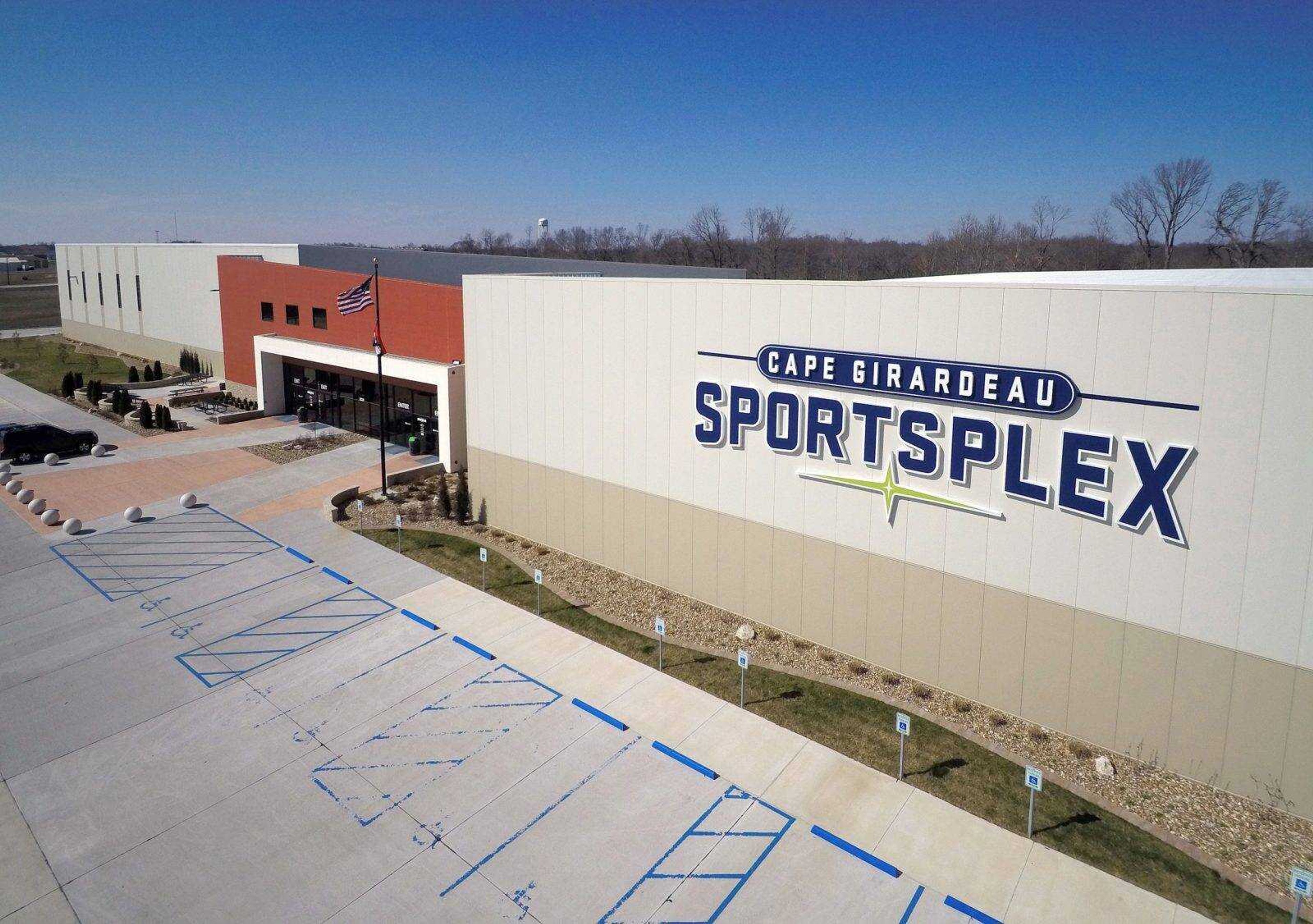HIGHWAY HEARING TO BE HELD
CAPE GIRARDEAU -- Southeast Missouri highway officials and civic leaders are scheduled to testify Friday at a congressional subcommittee hearing in the St. Louis area. Congressman Bill Emerson, a Cape Girardeau Republican, announced Monday the hearing by the House Public Works subcommittee on surface transportation...
CAPE GIRARDEAU -- Southeast Missouri highway officials and civic leaders are scheduled to testify Friday at a congressional subcommittee hearing in the St. Louis area.
Congressman Bill Emerson, a Cape Girardeau Republican, announced Monday the hearing by the House Public Works subcommittee on surface transportation.
Emerson is a member of the panel, which will hear testimony on proposed revisions to the federal highway program.
Among those scheduled to testify are Missouri Gov. John Ashcroft; Wayne Muri, chief engineer of the Missouri Highway and Transportation Department; House Majority Leader Richard Gephardt, D-Mo.; and Missouri Lt. Gov. Mel Carnahan.
Also testifying will be Josh Bill of Sikeston, chairman of the Highway 60 Committee, and Walt Wildman of Cape Girardeau, director of the I-66 Project Inc.
Emerson said the hearing will include testimony regarding transportation needs, problems with the current federal highway program and proposals for a new program and federal highway funding formula.
Congress this year must pass new highway legislation because the current federal highway law expires in October. In general, the legislation will determine federal spending on highways nationwide and how the money will be distributed among the states.
The Bush administration has proposed a five-year, $105 billion program of federal highway aid to states. It would increase federal spending on roads, bridges and mass transit but also would require state and local governments to pick up a greater share of the cost of projects.
"It is vital that Missouri is dealt a fair hand with the new act that we receive our fair share of funding to build new highways, roads and bridges as well as adequate funding to improve and repair existing infrastructure," said Emerson.
Wildman said the hearing is a good opportunity to familiarize new subcommittee members with his pet project, Interstate 66.
The proposed east-west, interstate's corridor would cross 10 states, including Missouri. Congress recently authorized funding for a feasibility study of the route.
"We always are willing to testify when it's offered to us, primarily to keep the idea of I-66 in front of these people, since there are some new people on the committee this year," he said.
Wildman said I-66 continues to garner support from states along its proposed corridor. He said he met last week with representatives of the states along the route's corridor who "expressed interest" in the project.
"This hearing gives us an opportunity to continue to promote I-66," Wildman said. "It's the type of project that really fits well into the Bush administration's recommendations for highways of national significance."
Bill said he plans to stress the need to change the way federal transportation projects are funded.
He said the funding formula should be written to allow a higher federal match for programs that serve economically depressed areas, so that financially strapped states like Missouri won't have to compete with wealthier states for federal highway dollars.
"The Lower Mississippi Delta region is not getting its fair share of federal formula grants," Bill said. "The reason for that is the local matching requirement for that program is too high.
"It makes no sense for poorer communities, states or counties to be required to put up more of their own money and thereby get into a resource competition with neighboring, more wealthy states."
Bill said the Bush administration has called for an increase in the state match for transportation projects from 10 to 25 percent of the total cost.
"I think that would be a disaster for our area and the state of Missouri," he said. "Because new highway programs require the vote of the people here, it makes it particularly difficult for Missouri to raise matching funds."
Bill said he also will stress the need for an interstate through southern Missouri. He said the region is part of the largest geographic area in the eastern two-thirds of the country that's not served by an interstate.
Bill said Highway 60, from Sikeston to West Plains, would go through the middle of the un-served region.
"When you understand that the confluence of the two largest rivers in North America is not properly served by an interstate system, that's the kind of case we intend to make," he said.
"One part of my message will be, `The interstate system may be finished, but that doesn't mean everybody's being serviced, and we're still waiting.'"
Friday's hearing will begin at 10 a.m. at the Crestwood Government Center in Crestwood, a suburban community in the St. Louis metropolitan area.
Connect with the Southeast Missourian Newsroom:
For corrections to this story or other insights for the editor, click here. To submit a letter to the editor, click here. To learn about the Southeast Missourian’s AI Policy, click here.








